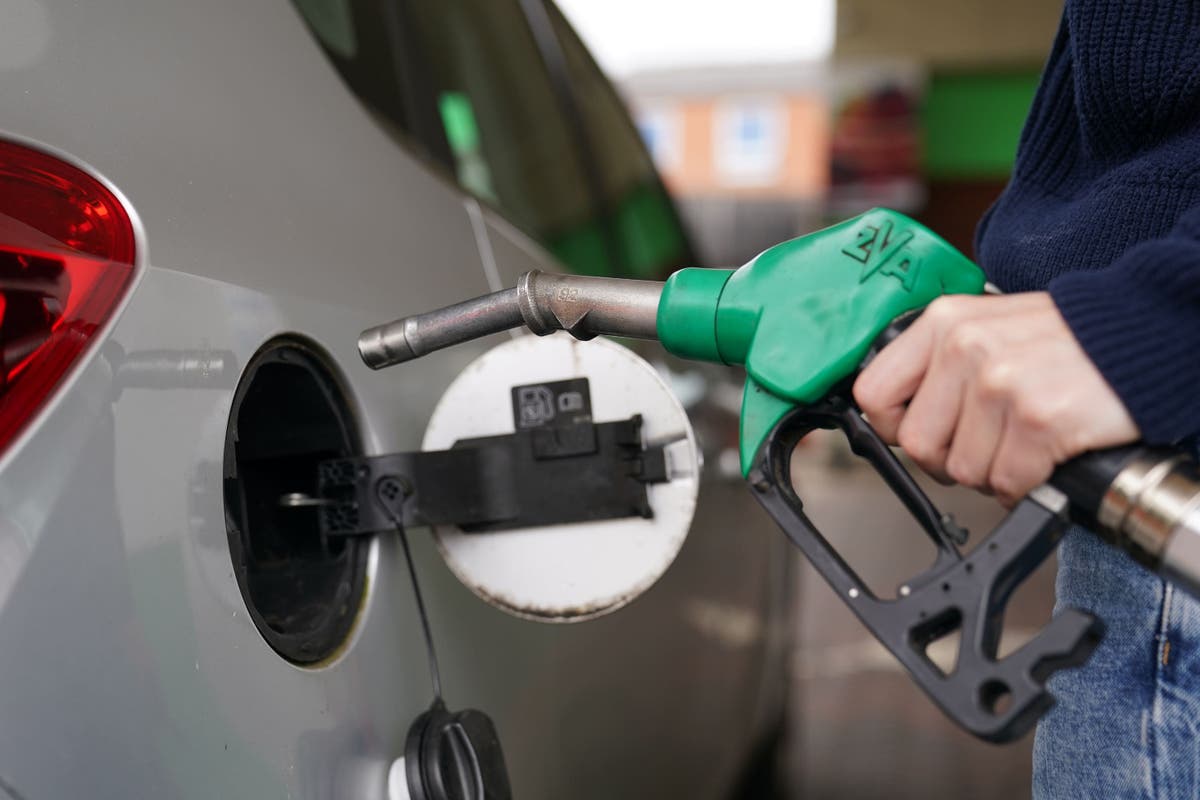Rising oil prices and a slumping pound are pushing petrol prices upward, impacting drivers across the UK. Average petrol prices are expected to increase, potentially reaching record levels.
Brent crude oil, the global benchmark for oil, has seen a 6% rise over the past month, reaching $76.46. Simultaneously, the value of the pound has fallen, impacting the cost of imported fuel. Oil, priced in US dollars, becomes more expensive for the UK as the pound depreciates. This translates directly to higher fuel prices at the pump.
Fuel retailers are also facing scrutiny for profit margins. The Competition and Markets Authority (CMA) noted that profit margins on fuel remained above historical averages. This is despite a recent drop in oil prices. Consumer advocacy groups allege that retailers are slowing the rate at which fuel price reductions reflect decreases in oil prices to enhance profits.
The weak pound, coupled with rising crude oil prices, also contributes to increased costs for other imported goods. Holidaymakers and consumers alike face escalating costs for vacations and imported products.
Experts predict a challenging year ahead for motorists, with further increases in petrol and diesel prices potentially affecting consumer budgets in the UK and beyond.
Industry sources call for greater transparency in fuel pricing. The FairFuelUK campaign founder, Howard Cox, has voiced the need for greater government oversight to protect consumers. His advocacy centers on implementing robust regulations to curb profiteering and ensure fairer pricing.
The UK government's response centers on fiscal responsibility. Treasury Minister Darren Jones emphasized adherence to fiscal rules. This suggests that the government will not intervene to lower fuel prices, despite the economic pressures on citizens.
This situation highlights the complex interplay between global oil markets, fluctuating currency exchange rates, and domestic economic policies that significantly impact everyday consumers.







